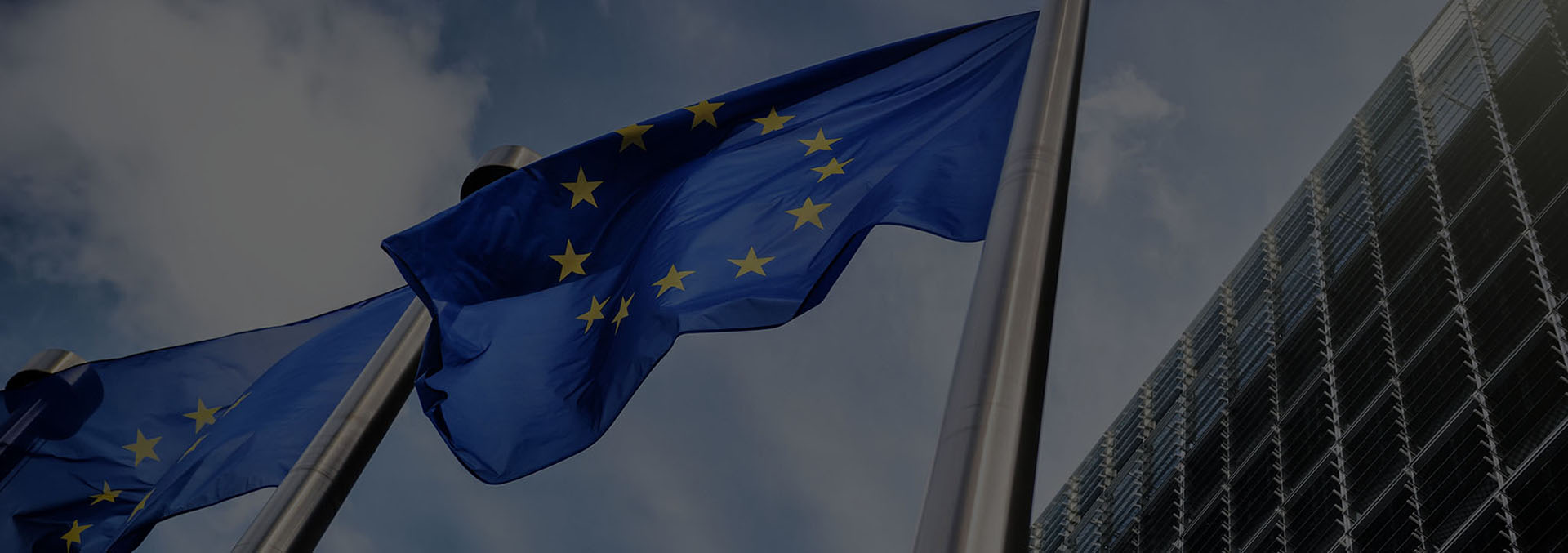Due to Data Protection Regulation, many companies may ask themselves whether their databases are also subject to regulation. It is particularly unclear when the company does not have information that directly identifies a particular natural person, such as a name and surname, but has a substitute, e. g. a pseudonym or only the IP address from which the network connection is made. Is it necessary to secure the data also in this case? What types of data should be protected according to GDPR?
What information makes it possible to identify a person?
The traditionally understood response: "All personal data, including sensitive data" is insufficient according to GDPR . From May 25, 2018, any information that not only directly but also indirectly identifies a person shall be protected, including:
- IP addresses
- network identifiers
- variables stored in cookies
- - information related to the image (e. g. photographs)
- telephone numbers
- metadata for profiling behaviour and user preferences
- location data to identify the whereabouts of the person concerned or to track his/her movement
The Court has ruled that when an organisation possesses data which are not capable of identifying an individual as such, these data may constitute personal data if the organisation has legal means to identify the data subject by combining them with other information in possession of at least one third party.
Special categories of data
Additional attention should be paid to the so-called special categories of data, whose processing will be prohibited. The definition of sensitive personal data encompasses as follows:
- data of health status
- data revealing racial or ethnic origin
- political views
- religious beliefs
- trade union membership
- genetic data
- biometric data (e. g. voice, fingerprints, blood group)
- sexual orientation data
Situations in which the processing of special categories of personal data will be permitted include, inter alia, the following:
- Informed consent for processing this category of personal data, where “consent” is specified in Article 4, Section 11 of GDPR as “freely given specific and informed indication” of his or her wishes by which the individual signifies his or her agreement to this data processing, either by a statement or by a clear affirmative action.
- Enforcement of rights or claims in the relevant proceedings, including the processing of data by courts in the course of the administration of justice.
- Protecting the vital interests of the data subject (e. g. in relation to the provision of medical assistance).
In the light of this information, it is clear that many companies are currently facing a challenge of analysing their databases and determining whether the information they collect is necessary to take measures to safeguard them and to ensure their ongoing protection. In addition, according to the new Regulation, data that are often scattered and unconsolidated must be organized into collections. Companies must take measures to aggregate, locate, view, modify, transfer and delete information.
To conclude, if a company processes or stores any personal data, sensitive data or information generally related to the movement of people on the network, it is highly likely to be subject to regulations resulting from GDPR. The size of the entity is irrelevant. GDPR covers not only large auction portals and social networking sites, but also hospitals, small e-commerce shops and even local kindergartens.








Let's stay in contact